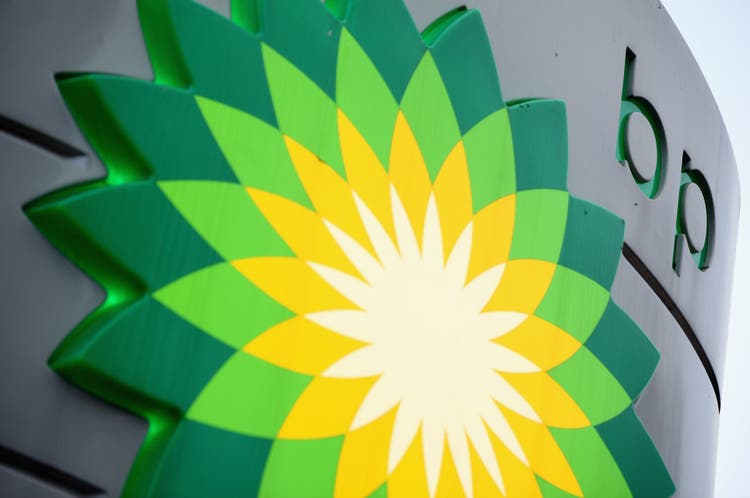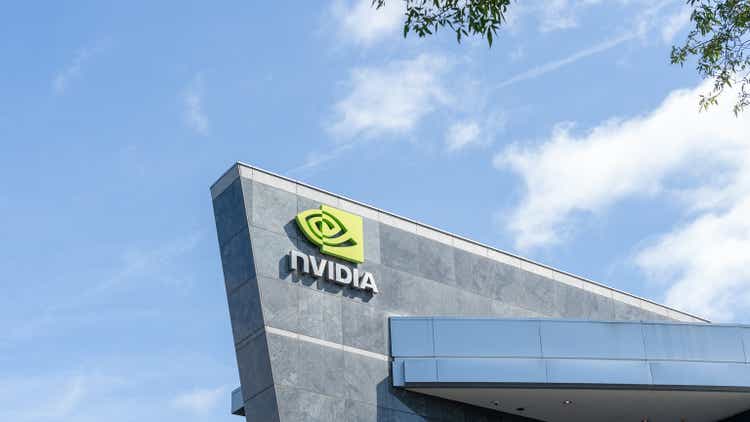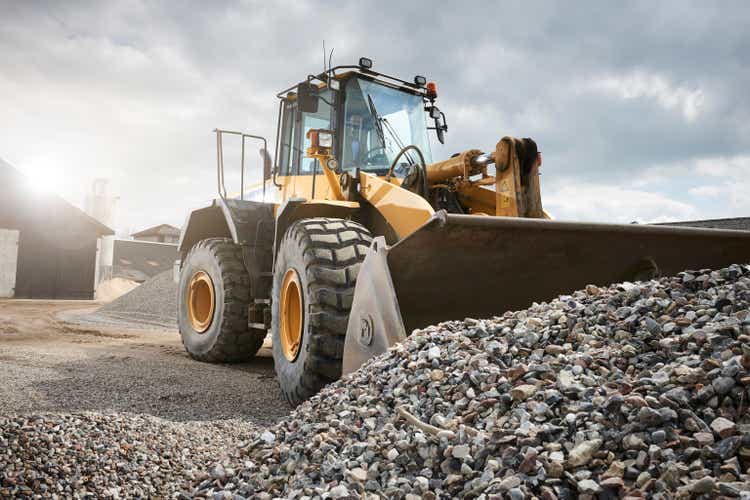- Gen Z job seekers are coping with the scarce entry-level job market by turning to the person they know best: mom and dad. Over three-quarters of recent job seekers are pulling up an extra chair for their Gen X and boomer parents—not just for job interviews, but also to help write resumes, negotiate salaries, and solve workplace conflicts. Experts suggest using ChatGPT to prepare instead.
To recruiters and hiring managers, Gen Z has someone they want you to meet—and you might need to pull up an extra chair. That’s because 77% of Gen Zers say they have brought a parent to a job interview, according to a recent study by Resume Templates.
Among Gen Zers whose parents attended interviews, 40% say they sat in, about one-third say parents answered or asked questions, and over a quarter say they helped negotiate pay or benefits. Roughly 1 in 4 say parents introduced themselves or spoke positively about them to the hiring manager.
Parents are also going the extra mile as their full-time career coach. Three in four Gen Zers have tapped a parent as a reference. Most have had parents apply for jobs (63%), email hiring managers (54%), or even call them directly (53%). Nearly half had parents complete test assignments (48%), and 41% let a parent handle the first HR call. About 8 in 10 Gen Z workers say their parents even communicate with their manager.
During a time when young job seekers are grappling with an increasingly scarce entry-level job market, the findings indicate Gen Z is hesitant about entering the corporate world and leaning on their parents for a safety net. And while the young people’s lack of professional connections can be in part linked back to social losses during the pandemic, the real world is coming fast. By 2030, Gen Z is projected to make up 30% of the workforce.
Gen Z’s professional anxiety
Part of the reason Gen Z may be leaning on mom and dad? They have no professional connections. A recent study found that Gen Z professionals have only 16 strong business relationships on average, compared to 21 for millennials and 40 for Gen X.
When those limited connections extend into the workplace, Gen Z workers are keeping their parents in the loop, sometimes literally.
Beyond just checking in, half say a parent has spoken to their manager about a workplace conflict, 49% have had a parent help them ask for time off, and nearly as many have brought a parent into conversations about raises, promotions, role changes, or even reducing workload.
Despite being digital natives, less than one-quarter of all Gen Z workers, just 23%, would prefer to work at home five days a week, according to a recently released survey by Gallup. That’s compared to 35% of millennials, Gen Xers and boomers who would prefer to WFH every day.
Most are now craving in-person interaction for professional growth, and technology has left them feeling isolated from colleagues and the professional community. Many fresh-faced graduates also feel disengaged from managers, the company, and coworkers as a whole, while others struggle with small talk.
“There’s certainly the hangover from going through some really key years where you learn some professional behavior, where we were all in a remote, very computer-based, head-down to your keyboard environment,” Brandi Britton, Robert Half Executive Director and Career Expert, tells Fortune.
How Gen Z could cope without parents: ChatGPT
Career experts warn that using a parent in an interview as a buffer might not be as beneficial as they expect.
“If you’re the parent who’s inserting yourself, you’re going to diminish the confidence that your son or daughter has walking into interviews, thinking that they can’t do it themselves,” Britton says.
Instead of using their parents as an interview assistant in the room, Britton recommends Gen Z use them more behind the scenes. For example, they can help with interview practice.
However, if they prove not great at question-asking—that’s when AI can be an even greater resource. Using generative tools like ChatGPT to produce interview prep tools can help generate curveball questions and could help candidates feel prepared for topics they may not have thought of, Britton adds.
“[By utilizing AI] You’re going to learn a lot about the person and the company on the front end, which will help you come up with a list of questions that you want answered,” she says.
A recent study found that one in five employees has confessed to using AI during job interviews, as workers believe that doing so has become the norm.
This story was originally featured on Fortune.com

 2 hours ago
1
2 hours ago
1















 English (US) ·
English (US) ·